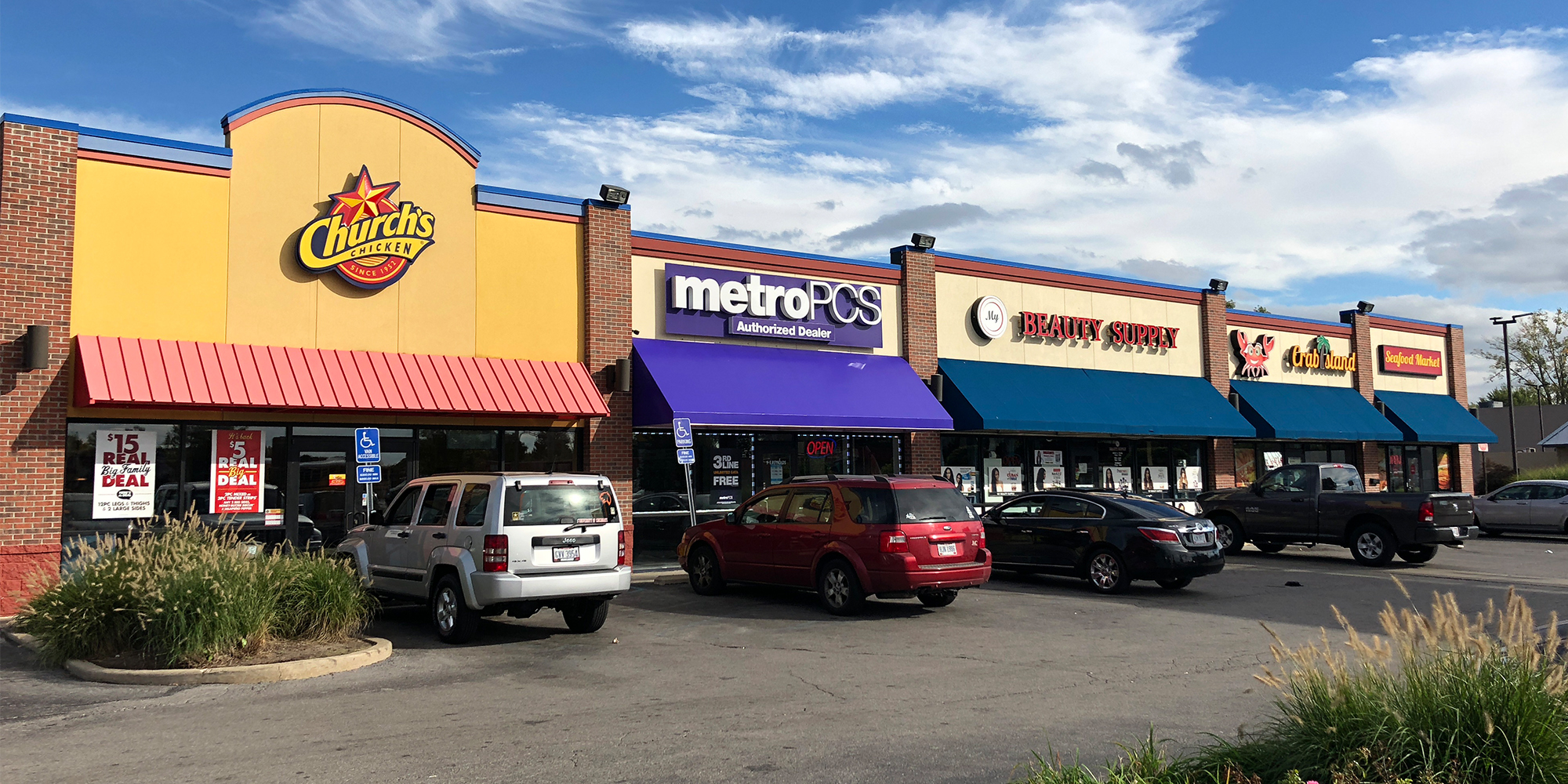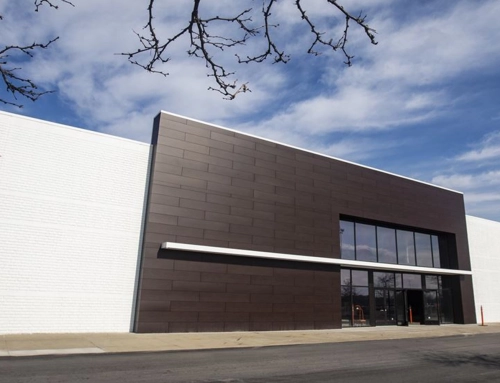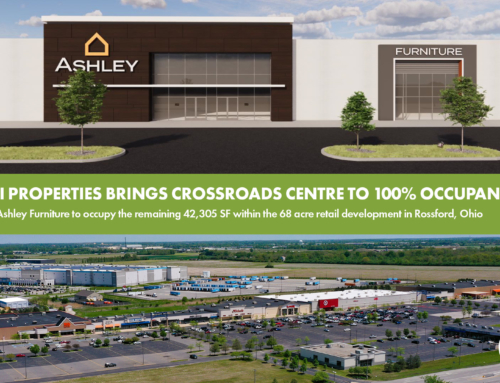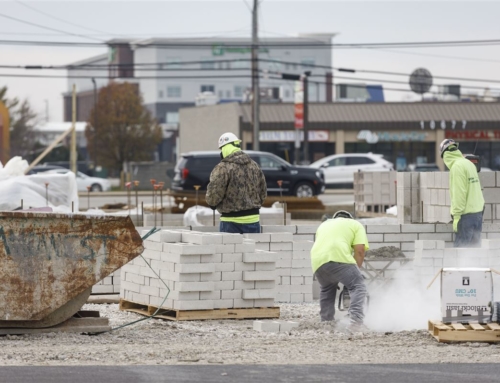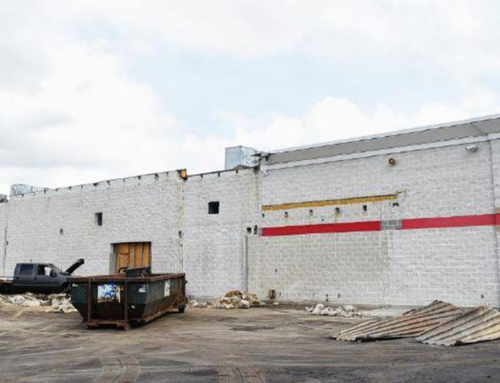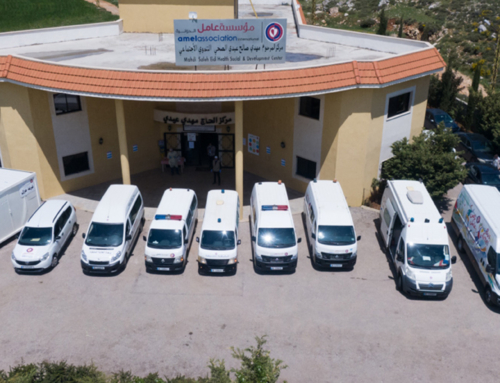In commercial real estate, a critical element to the success of an investment is the lease agreement. The landlord must charge enough through the lease to be viable, but not charge so much that the expenses are onerous and reduce the profitability and stability of the tenants. There are many ways to manage this dynamic, specifically gross leases and net leases. Gross leases are a flat rate lease where the lease amount encompasses all of the costs of ownership, i.e. property taxes, maintenance costs and the building’s insurance, but is typically at a higher overall amount than a net lease.
At Eidi Properties, we primarily use triple net leases or “NNN Leases”. Triple net lease properties, especially with low vacancy rates and a diverse tenant mix, are attractive options for both landlords and tenants for several important reasons.
Triple Net Lease Stability and Transparency
A triple net lease is where the tenant pays a lower price point for the base lease, but is also responsible for their proportionate share of real estate taxes, maintenance and building insurance. This structure has many advantages over gross leases. NNN leases create more stability for the landlord, because the expenses of the property are shared among the tenants. The lease provides a certain degree of transparency to how the tenants rent is attributed to the Properties they occupy. Therefore there are fewer variables.
Due to the lower base lease rate, tenant lease payments are less burdensome and more reliable. This model also helps tenants manage their budgets. How? Imagine a parking lot that needs a major repair. Sharing that expense proportionately with all of the tenants reduces the stress of paying for that alone. If a business leases a small space, their share of the costs will be less than a major anchor store with a large space, but every tenant pays a portion.
This model also makes it more likely that a property will be well maintained and tenants are naturally incentivized to keep their businesses attractive to customers. In some gross lease situations, the tenants are at the mercy of the landlord and how willing they are to maintain the property. Over time, poorly maintained real estate has less appeal and lower value. Because of this, it is wise for the landlord to do periodic inspections of a property, even though the tenants have a stake in maintaining the property, the landlord ultimately owns the real estate and shouldn’t risk tenants potentially neglecting it.
This is an important factor in vetting tenants as well. Pure credit scores and business models aren’t enough. Tenants must be reliable and responsible stewards of their businesses and the tenants and landlord must work together to ensure a first class property. This is particularly true due to the fact that commercial properties are often sold for profit, then the profit is rolled into a 1031 tax deferred exchange. The better a property is maintained and the more the businesses within the property are profitable, the better the property’s resale value will be.
It is critical in commercial real estate to create an infrastructure for success. When the tenants succeed, the landlord succeeds. We at Eidi Properties believe using the triple net lease model is an excellent example of creating an infrastructure for success.

